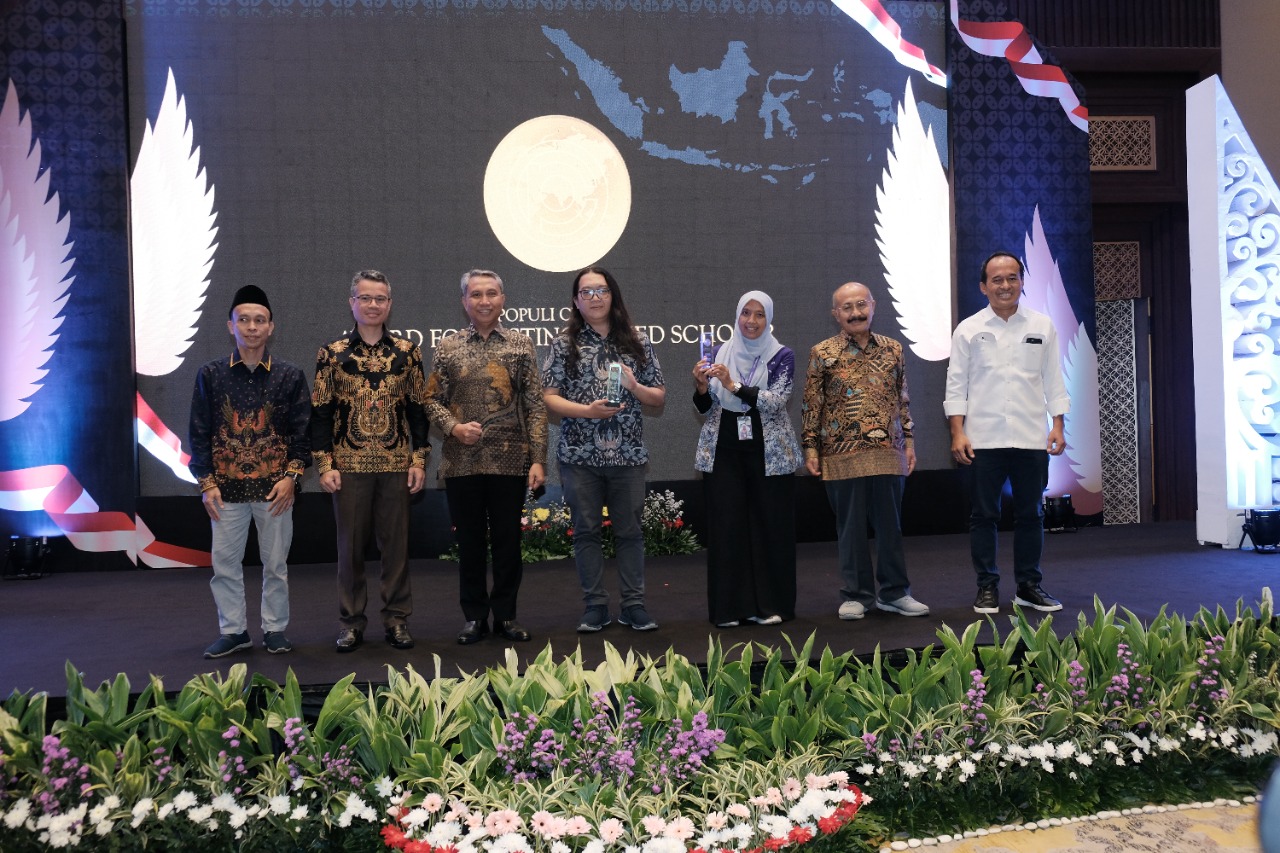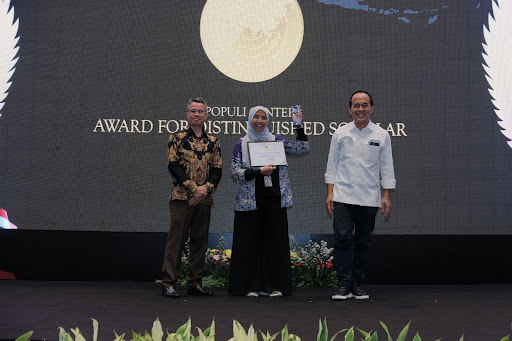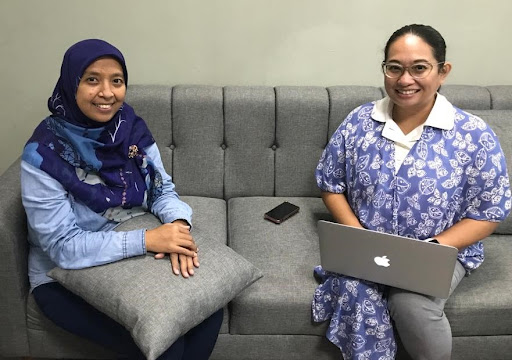Binus IR Lecturer Awarded the Promising Researcher Award 2022

Dr Ella Prihatini (Department of International Relations) was recently granted the Populi Center Award For Distinguished Scholar 2022 for the category of Promising Researcher. This award is presented to acknowledge Dr Prihatini as a young researcher who displays strong orientation towards the advancement of future research and has contributed to the world of socio-political research in Indonesia.

Dr Prihatini studies issues in women’s parliamentary representation, young voters, and the utilisation of social media in politics. Her work with the concepts of gender equality, hereditary politics, and substantial representation has been published in nine single-authored and three co-authored articles in prestigious journals such as Politics and Gender, Parliamentary Affairs, Contemporary Politics, Women’s Studies International Forum (WSIF), and Social Science Quarterly. She has accumulated 160 citations and an h-index of 7 (Google Scholar). Two of her papers published in WSIF were listed as among most cited articles in the Journal since 2018. Expanding from her PhD project, her current research interest deals with women’s share in SOE, cabinet, and ambassadorial appointments, digital diplomacy, and text-as-data.

In an interview with Dr Prihatini at Kijang campus, Dr Miranda Tahalele congratulated her and spoke about her aspiring research.
What initially drew you to the field of politics and representation?
I was first interested in the field of politics and women’s representation when I was exploring topics for my Ph.D. project. I started to wonder why most politicians are middle-class old men. What factors hinder women from participating in decision making processes, and what strategies may potentially be the remedy for this situation. These questions are the bread and butter of my research in the last couple of years now. I am also amazed by the tight-knit network among female scholars who are working in this field of research. I have been supported by numerous scholars who are always approachable and supportive towards my research project. They provided both moral and intellectual support that eventually shaped my academic journey.
Which research publication are you most proud of and why?
Every research publication has its own unique process and impact. The published works so far complement each other and contribute to the wider literature on representation and gender equality. I am also evolving my research from both method and theoretical contribution, hence I would say the paper using QCA (qualitative comparative analysis) published in Contemporary Politics and one that published in Politics and Gender are the most exciting. The QCA paper offers a novelty in terms of methodology in examining gender and parliament in Asia, hence it sets an alternative approach for future research. While in the paper on Islam and women’s political nomination I found that, unlike the popular understanding on this issue, political ideology was not a discerning factor for political parties to nominate legislative candidates. Supported by strong empirical evidence, both papers set a unique standpoint on women’s parliamentary representation in Asia and Indonesia.
Lastly, what future research studies do you have in mind?
I intend to continue undertaking research on gender diversity and public participation. Currently, I am expanding the scope of the study to cabinet ministerial and ambassadorial appointments. Together with students at BINUS University, we are developing a couple of datasets on Twiplomacy and Indonesian ambassadors. Other projects on the horizon include digital diplomacy and text-as-data using machine learning tools.
